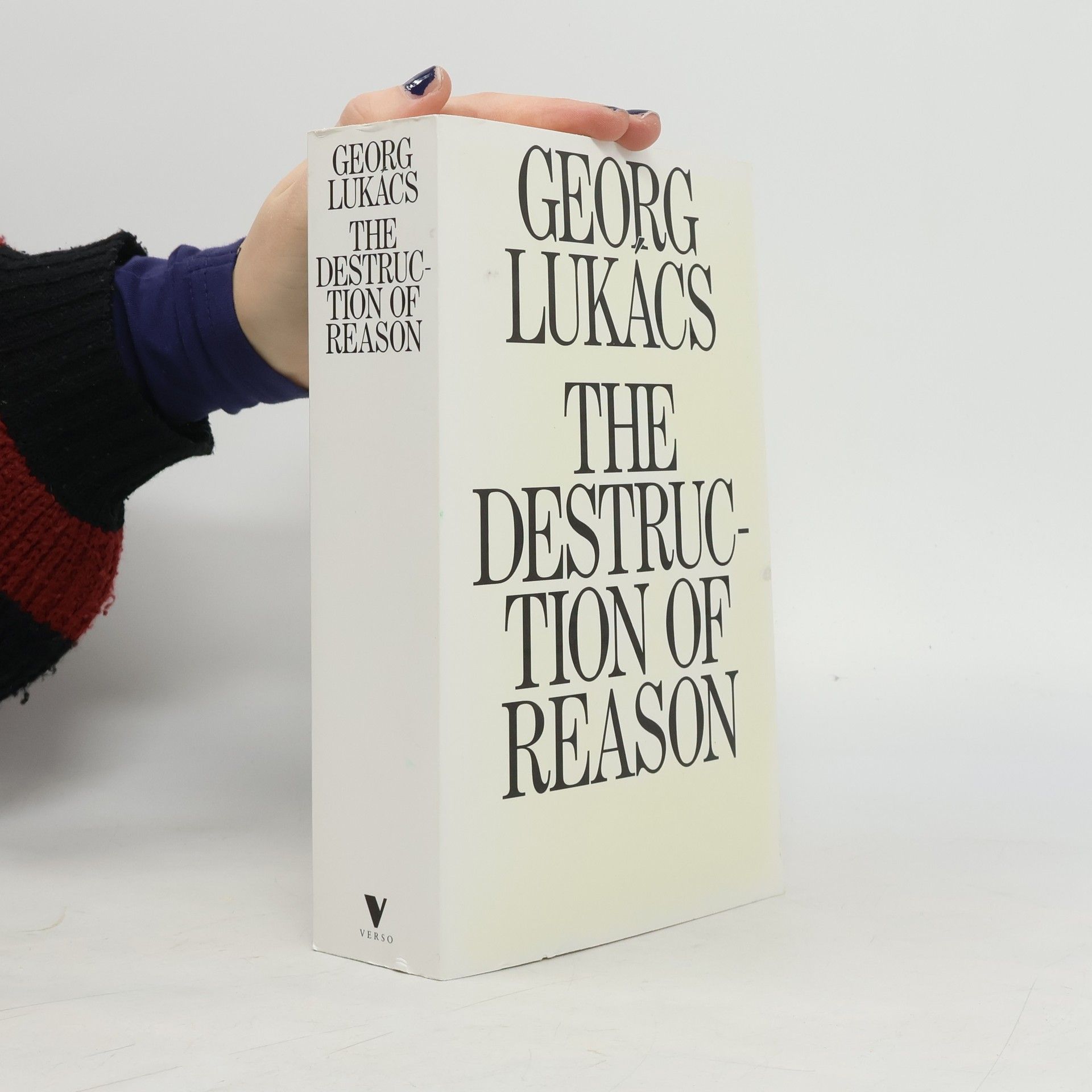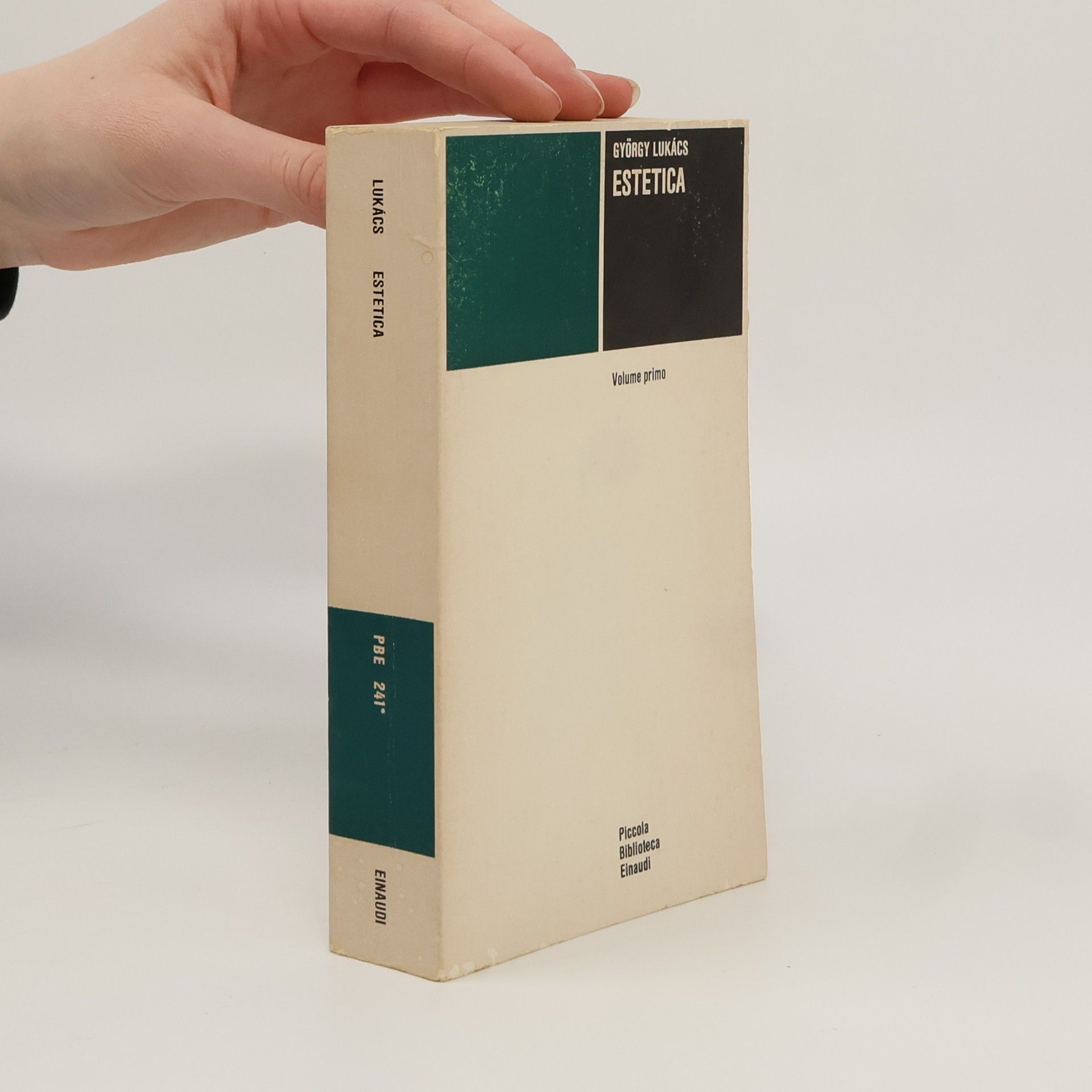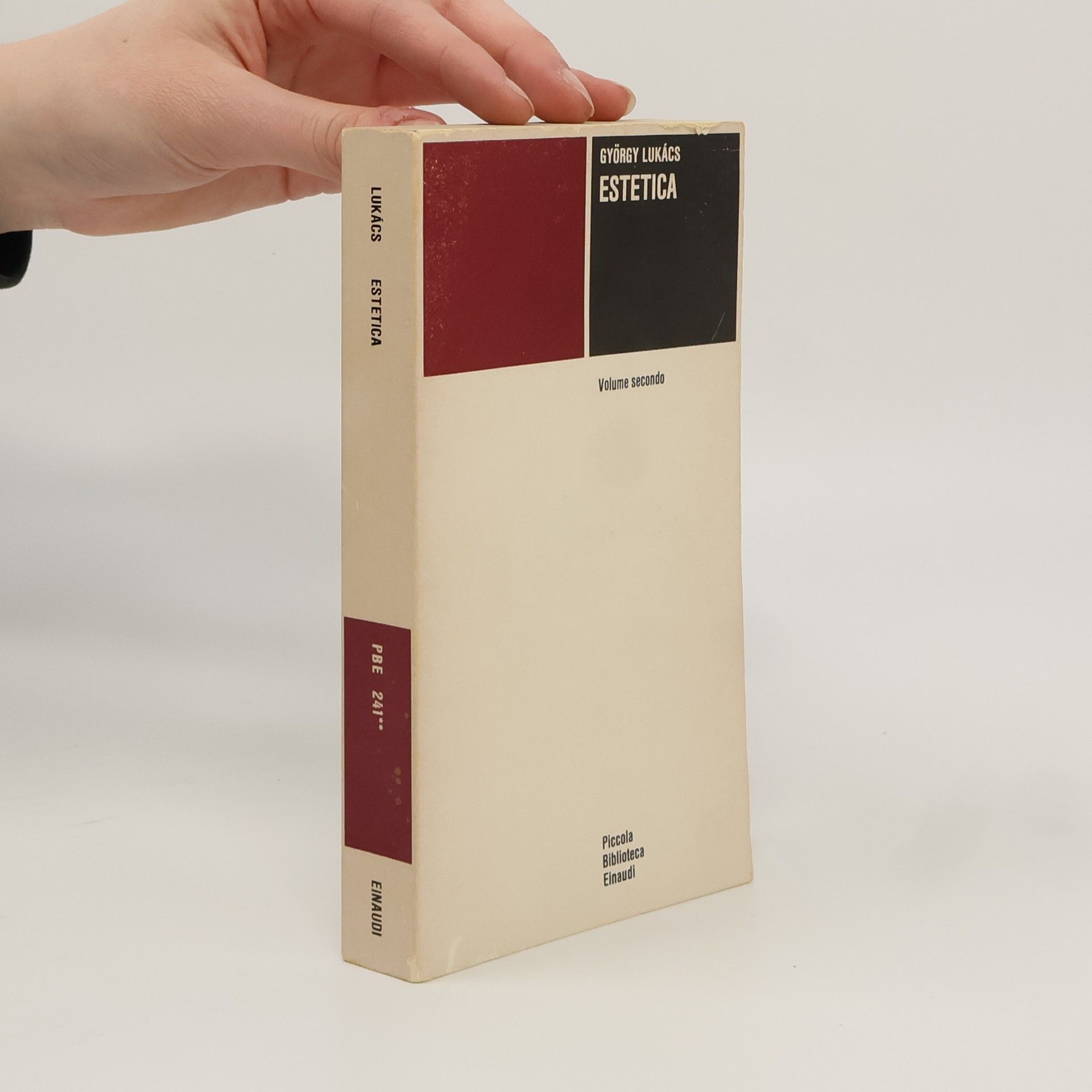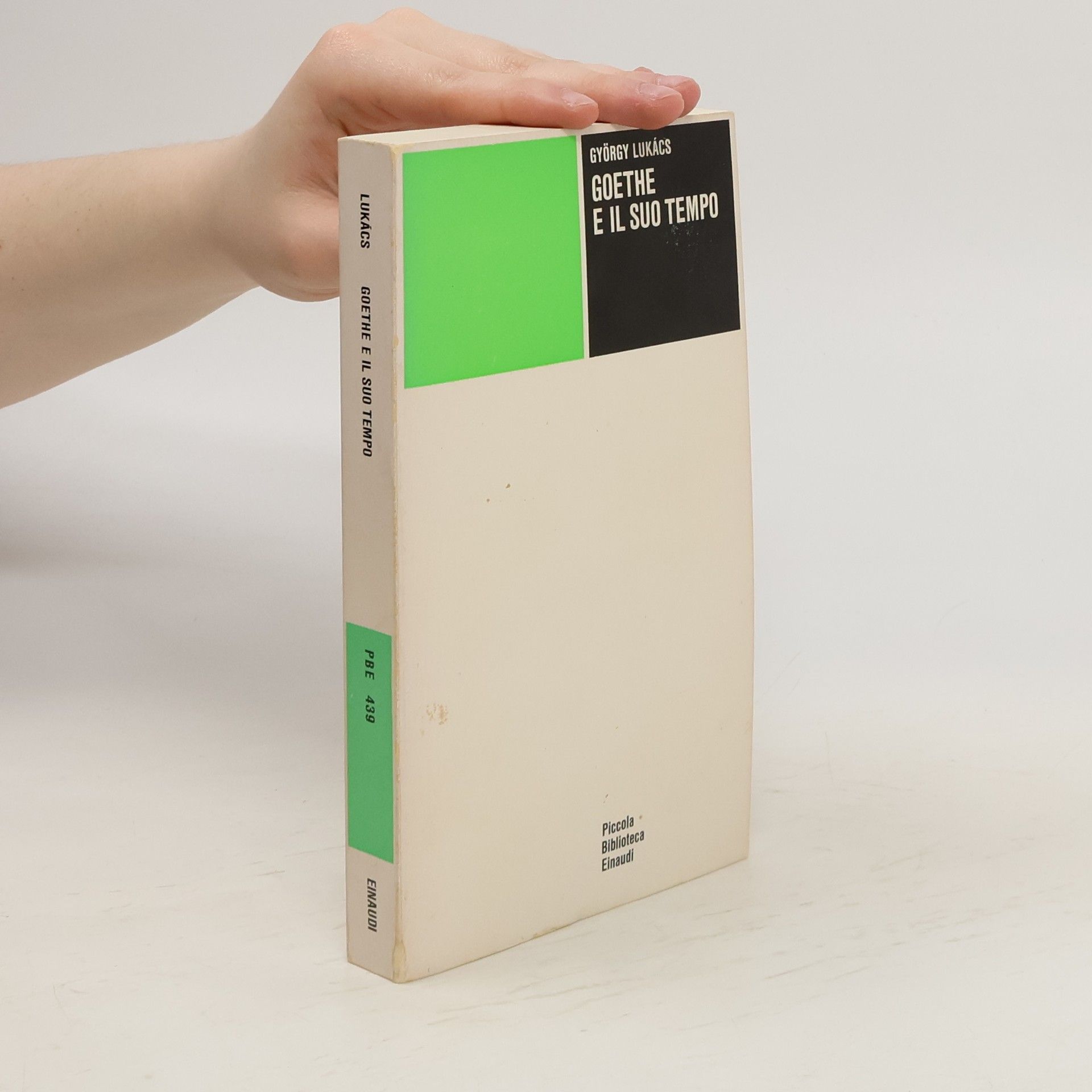Goethe e il suo tempo
- 277pagine
- 10 ore di lettura
György Lukács fu un filosofo marxista e critico letterario ungherese, fondamentale nello sviluppo del marxismo occidentale. Il suo lavoro si discostò dall'ortodossia ideologica sovietica, esplorando concetti come la reificazione e facendo progredire le teorie marxiste sulla coscienza di classe. La critica letteraria di Lukács influenzò profondamente la comprensione del realismo e del romanzo come genere. Fu anche un filosofo chiave del leninismo, formalizzando la rivoluzione di partito d'avanguardia.







In the fall of 1960, during a three-month visit to Hungary, Arthur Kahn unsuccessfully asked his hosts to arrange a meeting with Gyorgy Lukacs, a persona non grata to the Communist regime. Kahn arranged to meet Lukacs on his own and proposed translating some Lukacs essays never before appearing in English. During the three years Kahn worked on the translations, he and Lukacs engaged in a voluminous correspondence, investigating Marxism as it applied to contemporary events like the Vietnam war. Extracts from this correspondence will be included in a forthcoming volume of Kahns' autobiography, "The Education of a 20th Century Political Animal."
A classic work of Western Marxism, now back in print.
An intense and lively debate on literature and art between thinkers who became some of the great figures of twentieth-century philosophy and literature
One of the greatest Marxist theorists of his generation, Georg Lukacs was a prolific writer of remarkably catholic, if moralistic, tastes. In The Lukacs Reader , his biographer Arpad Kadarkay represents the great range and variety of Lukacs's output. The reader includes, in original translations, and with introductory essays, Lukacs on: Kierkegaard, Shakespeare, Ford, Strindberg, Ibsen, Wilde, Shaw, Gaughin, Dostoevsky, Nietzsche, and Heidegger. Also collected are: the autobiographical essay 'On the Poverty of Spirit', material from Lukacs's diary, and such key articles as: 'Aesthetic Culture', 'The Ideology of Modernism', 'Bolshevism as an Ethical Problem', and 'Class Consciousness'. What emerges is a figure very much at the centre of European thought whose value to modern culture and philosophy differs markedly from that which received opinion generally admits.
This important early theoretical writing by Lukács, first published in Germany in 1923, is now available in English for the first time. It comprises a series of essays addressing various topics, including the definition of orthodox Marxism, legality and illegality, Rosa Luxemburg's role as a Marxist, the evolution of Historic Marxism, class consciousness, and the awareness of the Proletariat. In 1968, Lukács reflected on the book's impact, emphasizing the significance of alienation as a central theme in revolutionary critiques of capitalism. He noted that this concept, rooted in Hegelian dialectic, was pivotal for understanding the historical and methodological contexts of his time. Following the book's publication, alienation was further explored in philosophical discussions, notably by Heidegger in "Being and Time," and later by Sartre and his followers. The interplay of Marxist and Existentialist thought, particularly in post-World War II France, highlighted the recognition of alienation as a critical issue across various ideological perspectives. Lukács asserted that "History and Class Consciousness" profoundly influenced the youthful intelligentsia, acknowledging its role in shaping contemporary thought on alienation, which resonated with both bourgeois and proletarian thinkers across the political spectrum.
Georg Lukacs wrote The Theory of the Novel in 1914-1915, a period that also saw the conception of Rosa Luxemburg's Spartacus Letters, Lenin's Imperialism: The Highest Stage of Capitalism, Spengler's Decline of the West, and Ernst Bloch's Spirit of Utopia. Like many of Lukacs's early essays, it is a radical critique of bourgeois culture and stems from a specific Central European philosophy of life and tradition of dialectical idealism whose originators include Kant, Hegel, Novalis, Marx, Kierkegaard, Simmel, Weber, and Husserl.The Theory of the Novel marks the transition of the Hungarian philosopher from Kant to Hegel and was Lukacs's last great work before he turned to Marxism-Leninism.